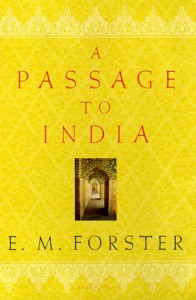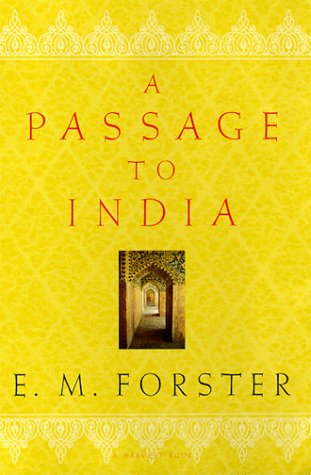
Whatever good you have heard about The Hunger Games, the reality is more spectacular. Not only is this the literary phenom of our time, but the movie that created near pandemonium for a week from its opening is a lasting contribution to art and to the understanding of our world. It’s more real than we know.
In the story, a totalitarian and centralized state — it seems to be some kind of unelected autocracy — keeps a tight grip on its colonies to prevent a repeat of the rebellion that occurred some 75 years ago. They do this through the forced imposition of material deprivation, by unrelenting propaganda about the evil of disobedience to the interests of the nation-state and with “Hunger Games” as annual entertainment.
In this national drama and sport, and as a continuing penance for past sedition, the central state randomly selects two teens from each of the 12 districts and puts them into a fight-to-the-death match in the woods, one watched like a reality show by every resident. The districts are supposed to cheer for their representatives and hope that one of their selected teens will be the one person who prevails.
So amidst dazzling pageantry, media glitz and public hysteria, these 24 kids — who would otherwise be living normal lives — are sent to kill each other without mercy in a bloody zero-sum game. They are first transported to the opulent capitol city and wined, dined, and trained. Then the games begin.
At the very outset, many are killed on the spot in the struggle to grab weapons from a stockpile. From there, coalitions form among the groups, however temporary they may be. Everyone knows there can only be one winner in the end, but alliances — formed on the basis of class, race, personality, etc. — can provide a temporary level of protection.
Watching all this take place is harrowing to say the least, but the public in the movie does watch as a type of reality television. This is the ultimate dog-eat-dog setting, in which life is “solitary, poor, nasty, brutish, and short,” in the words of Thomas Hobbes. But it is also part of a game the kids are forced to play. This is not a state of nature. In real life, they wouldn’t have the need to kill or be killed. They wouldn’t see each other as enemies. They wouldn’t form into evolving factions for self-protection.











